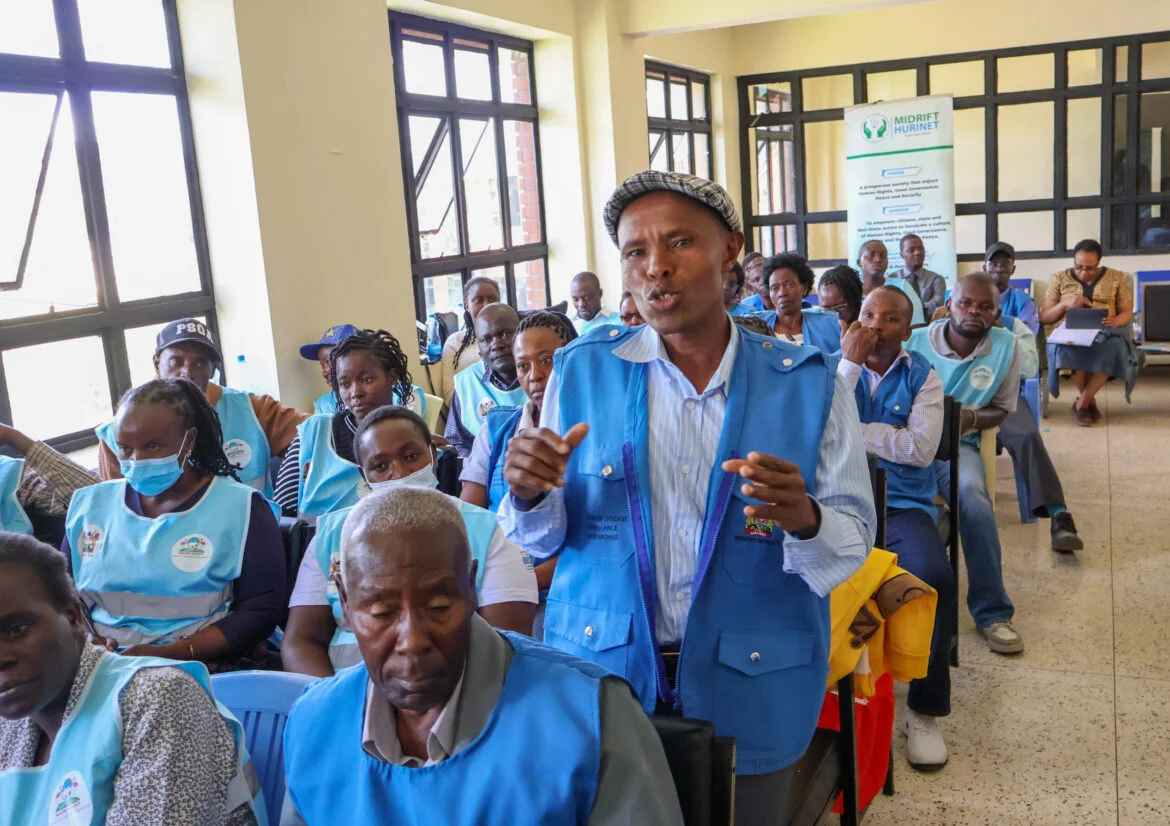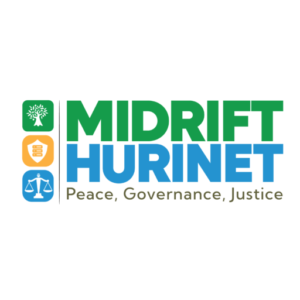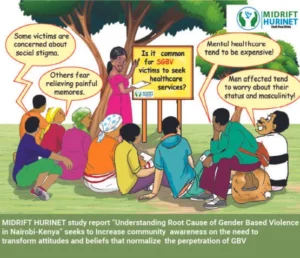
A 13-year-old girl got pregnant, and her parents were not happy with the unfortunate situation.
The tense situation was described as a mix of shock, anger, and sorrow as the news broke; barely a teenager, their 13-year-old daughter was carrying a life she was far too young to understand.
Her parents felt as though their world had been turned upside down. They had nurtured dreams for her in education, freedom, and a childhood unburdened by adult responsibilities, which seemed to shatter instantly.
The father paced the room, fists clenched in disbelief, while the mother sat silent, tears streaming, caught between her heartbreak and fury. They grappled with a storm of emotions, resentment toward the circumstances, frustration at the societal pressures, and a gnawing fear for the future of their child and her unborn baby. Amid the turmoil, unspoken questions lingered: How did this happen? Why her? What now?
It was a moment that laid bare their deepest vulnerabilities, a painful confrontation with their dashed hopes and the harsh realities of the world they thought they had protected her from.
Their questions on why did not dwell on the possibility of a case of Sexual Gender Violence, but on a sad note, it was more of the moral obligation of their 13-year-old daughter.
They saw the shame, and the mother was lost in the disappointment.
The girl’s parents decided to chase her away because they could not bear the shame. The 13-year-old stood trembling at the threshold of her home, the warmth of a place she once knew as a sanctuary now replaced by the cold sting of rejection. Her parents’ sharp and unforgiving voices echoed in her ears: “You’ve disgraced this family. Leave!”
Their words sliced through her like shards of glass, leaving wounds far more profound than the ones visible.
Her mother turned away, unwilling to meet her daughter’s tearful gaze, while her father gestured furiously toward the door. The small bag with her clothes clutched in her tiny hands felt heavier than it should, burdened not just by belongings but by the weight of abandonment and an uncertain future.
At that moment, the walls that once embraced her with safety now seemed to mock her vulnerability. The door slammed shut behind her, cutting off not just a physical entry but the love, guidance, and care every child needs, especially one thrust prematurely into the complexities of motherhood.
With nowhere to turn, she walked into the night, carrying not just a child in her womb but also a heart shattered by those who were supposed to protect her.
A Community Health Promoter was informed about the unfortunate incident and tried talking to the girl’s parents to no avail.
She contacted a PM+ helper in the Community who linked the girl to Emily Martin GBV Rescue Centre. The girl got a new home at the rescue center, but the biggest hurdle was staring at them, the acceptance by the girl’s parents.
They began the process of talking to them. At first, their anger roared like a storm.
The parents, consumed by shame and disappointment, turned their backs on their 13-year-old daughter, casting her out with harsh words and colder actions. Her presence, once cherished, now seemed like a reminder of broken dreams and societal judgment. She was left to fend for herself, carrying not just a growing life within her but also the unbearable weight of rejection.
But healing came in an unexpected form—a patient and understanding PM+ helper who also works at the rescue center stepped into their world. Through gentle words and empathetic listening, they unraveled the tangled emotions that had fueled the parents’ harsh decision.
Slowly, the helper showed them the humanity of their child’s mistake and the fragility of her situation. They reminded the parents of her youth, her need for love, and the resilience they could help nurture in her.
The PM+ helper was previously trained by MIDRIFT HURINET.
The storm within them began to calm. Regret and guilt replaced their initial anger, and an aching longing to make things right took root. One day, they met her, frail and frightened but still holding onto a flicker of hope. Tears flowed freely as they embraced her, promising not only to shelter her but to stand beside her as she faced the challenges ahead.
Once cold and distant, their home warmed again with understanding and compassion, a testament to the power of second chances and the gentle guidance of someone who dared to intervene.
This scenario was shared on December 11th, 2024, during the year’s reflection and experience-sharing session.
MIDRIFT HURINET and the County Department of Health Services facilitated the forum, which brought together Community Health Promoters from the MIDRIFT HURINET Mental Health intervention areas of Nakuru Town East, Nakuru Town West, and Naivasha Sub Counties.
MIDRIFT HURINET had previously facilitated their Problem Management Plus (PM+) and Psychological First Aid (PFA) training.
The forum aimed to share best practices on Mental Health and Psychosocial Support Services in the intervention areas, which complements MIDRIFT HURINET’s objective of strengthening access to community-based mental health and Psychosocial Support Services, increasing awareness of Mental Health and GBV, and Promoting the development and implementation of gender-friendly policies and programs.
Key outcomes from the meeting were anchored around duties undertaken by Community Health promoters and the collaborative initiative between MIDRIFT HURINET and the County Department of Health Services.
It was noted that there are established mental health clinics and outreach programs in underserved areas, including mental health services in existing health centers to increase accessibility.
Communities have also been sensitized to the importance of mental health and available services; CHPs have encouraged open dialogue and normalized seeking help through workshops and barazas. They have partnered with religious, cultural, and community leaders to promote mental health services.
Since January of this year (2024), 42 CHPs providing services in the Community’s intervention areas have reached 2764 clients and 477 clients through PFA and PM+, respectively.
The program also benefitted from the services of 47 PFA providers and 7 PM+ supervisors with over 100 community leaders being capacity developed on basic PFA. Data and reporting are critical components of the mental health program. They serve multiple purposes that enhance effectiveness, accountability, and sustainability. By leveraging data and reporting, the MHPSS program aims to maximize its impact, foster stakeholder trust, and remain adaptive to community needs.
It was also noted that identification and treatment of mental health issues before they escalate into severe conditions was being undertaken.
MIDRIFT HURINET and the Department of Health Services have also continuously trained and capacity-built CHPs and Health officials in basic mental health care and empowered non-specialist workers to provide essential mental health support under supervision. Their efforts have also been enhanced through digitization through KOBO. The collaborative effort is geared towards enhancing Mental Health services.
There are also established peer-led mental health groups to provide accessible and informal support.
The County Department of Health Services has also enhanced its services by focusing on clinical outcomes that ensure mental health programs effectively address the needs of patients and contribute to sustainable recovery and well-being. These outcomes were assessed through standardized clinical tools, patient feedback & health indicators’ Medication Compliance, and Positive responses to particular interventions such
as the MIDRIFT HURINET initiative.
The participants agreed on the need to enhance Youth-Led strategies on Mental Health, working relations with National Government Administrative Officers, awareness programs targeting children under 18 years, networking and peer learning with their colleagues, collaboration between PFA providers and PM+ helpers, and reporting of the interventions and situations in their areas.
By
Jacob Karani




